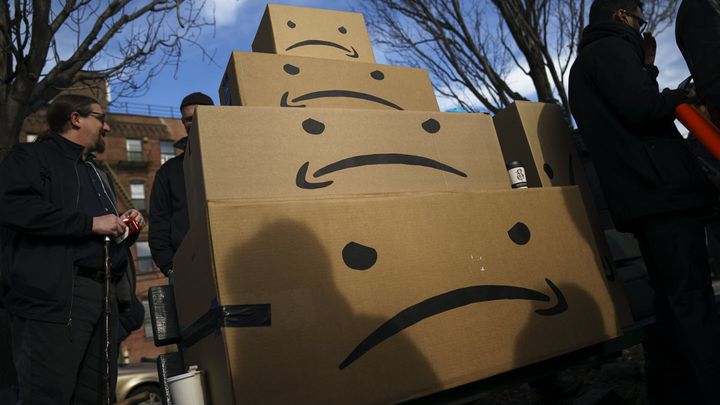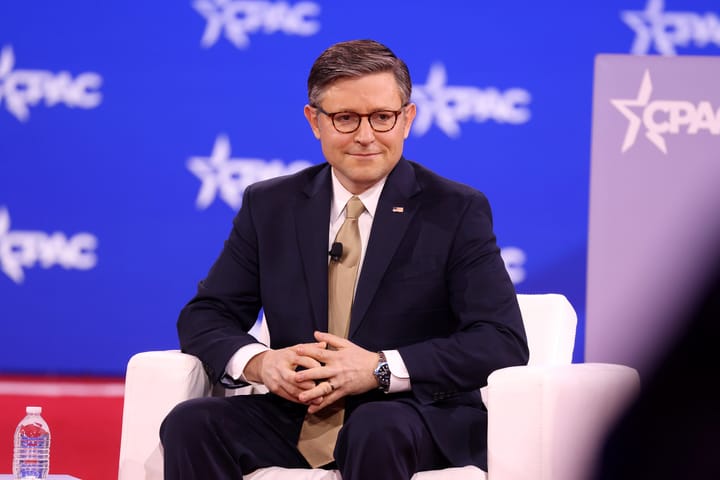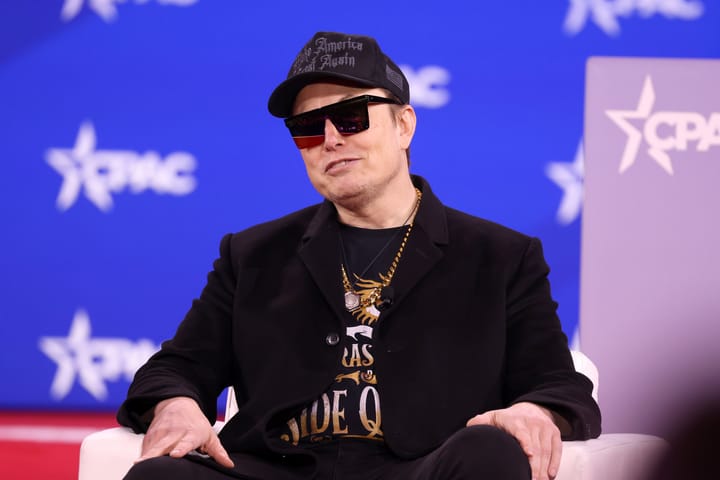The American Prospect is a nonprofit, independent magazine
covering public policy and politics. Sludge is re-publishing this article.
On the same night progressives celebrated victories in Kentucky, Virginia, Pennsylvania, and elsewhere, many held their breath for the results from Seattle. There, Amazon had spent $1.5 million as part of a business-backed $4 million campaign to influence city council races.
Could big money really buy itself a municipal government? And if so, was this a warning shot to local elected officials—fight against corporations at your own peril?
As all the mail-in ballots were finally counted days later, it became clear that Amazon and their allies had lost, handily.
Corporate independent expenditures exceeded progressive ones in every contested council race. Yet, in the six elections in which Amazon and the Seattle Chamber of Commerce went head-to-head with progressives, only one corporate-backed candidate won. (There was one race in which Amazon joined progressives in supporting a progressive candidate against a far-right one.) To add insult to Amazon’s injury, socialist city councilor Kshama Sawant, one of the company’s fiercest critics, won reelection. The top Chamber-backed candidates set local records for the cost paid for each vote received and still lost.
Amazon’s political expenditures backfired spectacularly. Instead of swaying a majority of voters, the behemoth’s outrageous money drop ended up drawing outsized attention to the elections and sparked outrage. Turnout swelled.
Indeed, two of the nation’s leading progressives, Bernie Sanders and Elizabeth Warren, used their platforms to highlight the stakes of the election and the absurdity of Amazon’s efforts. Congressmember Pramila Jayapal, who represents a section of Seattle, lambasted these expenditures to the press and on Twitter, too.
For those concerned about unrestrained independent expenditures in the wake of Supreme Court decisions such as Citizens United, these elections were a case study in the critical need for disclosure of political spending. Had the origin of the $4 million been obscured, the outcome may have been quite different.
Seattle’s rejection of Amazon expenditures also serves as a reminder of how far the country has come in rejecting big money in politics. Voters are now increasingly wary of how candidates obtain their money—and from whom. The rise of No-PAC pledges, for example, has primed voters to be skeptical of those who seek out or receive corporate-backed assistance.
Even more promising for those fighting for a fairer democracy, the progressive victories showcased the ability of Seattle’s novel public campaign finance system— when combined with traditional small donations—to weather an influx of independent expenditures. In 2015, Seattle voters approved a first-of-its-kind initiative that provides every city resident with four $25 democracy vouchers that can be donated to qualifying municipal candidates. Unlike other modes of public financing, these “democracy dollars” require no upfront money; residents can participate equally regardless of wealth.
Illustrating the point, this year, city council candidates visited low-income housing and grocery stores to solicit support and donations—a rare occurrence in non-publicly financed campaigns.
The first cycle using these vouchers in 2017 proved promising. Though only applicable for a handful of citywide races, the total number of donors grew, and many of them were first-time local election donors. Voucher donors were also more representative of the electorate than those giving cash. (This year, Seattle’s Ethics and Elections Commission, which administers the voucher program, issued a series of public education grants to community organizations to further expand representation.) In 2017, vouchers additionally increased the percentage of funds coming from constituents and enabled more candidates to run.
Whether the program could withstand massive independent expenditures was unclear. After all, independent expenditures have posed a significant challenge for public financing programs across the country, as they inject large private money into races where candidates agree to rely on limited funds.
Progressive voucher-using candidates were likely able to remain competitive for a few reasons.
First, vouchers provided an early bedrock of support. All candidates, except Sawant and Ann Davison Sattler—the right-wing candidate against whom progressives and Amazon unified—participated in the program. The progressives took in more than 28,000 vouchers valued at $25 each. This notable sum met the necessary financial baseline to run a viable political campaign.
In addition to a source of fundraising, these vouchers may also have had a mobilizing side effect. The need to solicit thousands of vouchers to fund a campaign requires thousands of conversations with voters.
According to Alissa Haslam, executive director of Washington state’s Win/Win organizational network, “vouchers played a catalytic role, driving candidacies early in the process, increasing their connections with voters and expanding their active base of support.”
Second, though outside money overwhelmed the system, a provision in the Seattle law allowed candidates to free themselves from the spending limit imposed by the program when the independent expenditures reached a certain level. This permitted an additional influx of small donor cash, enough to maintain competitiveness.
Small donor participation—between the vouchers and cash contributions—was key. An early analysis of contribution data suggests the number of small dollar contributions ($100 or less) more than quadrupled from 2015. The majority of this money went to the Amazon-opposed candidates.
Lastly, beyond the public financing system itself, the role that people-powered campaigns and organizations play in driving turnout is essential. Grassroots contact remains a potent counter to big money.
There may be improvements that could be made to Seattle’s voucher system before the next election. Nevertheless, the fact that candidates backed by vouchers and small donations won in the face of massive independent expenditures is noteworthy and encouraging. This election serves as a reminder to reformers that the value of vouchers is not only in replacing big campaign contributions but also in supporting participation-oriented campaigns.
Moving forward, Americans should remain wary. Not every battlefield will be like Seattle, with its progressive voter base. There are certainly many more elections that deep-pocketed interests can attempt to purchase. The imperative to increase small donations and amplify the voices of everyday Americans through public financing has never been more critical.
Related:



